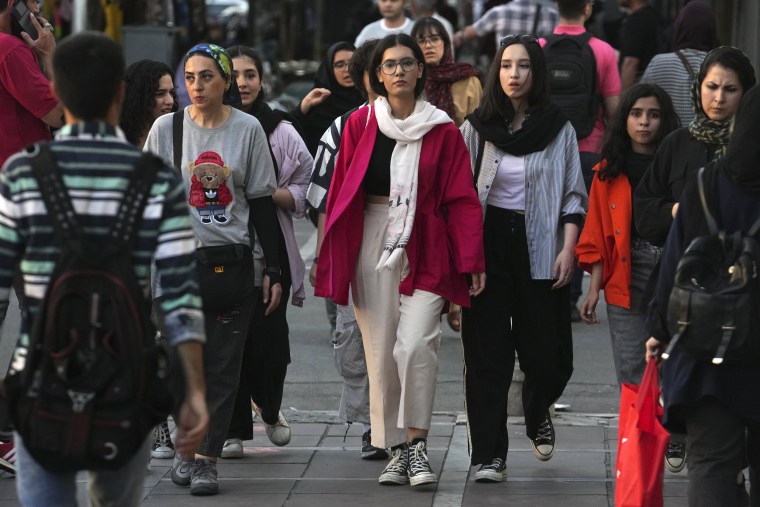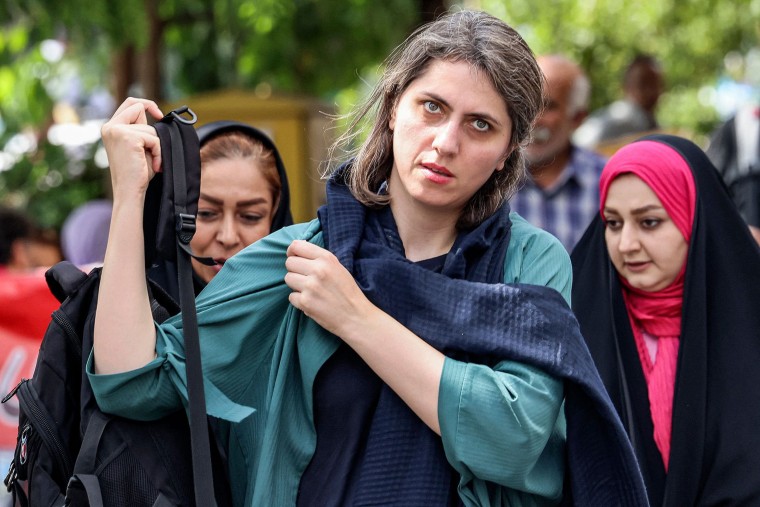Iran’s parliament on Wednesday approved a bill to impose heavier penalties on women who refuse to wear the mandatory Islamic headscarf in public and those who support them.
The move came just days after the anniversary of the death of Mahsa Amini, a 22-year-old woman who had been detained by the morality police for violating the country’s dress code. Her death in custody ignited months of protests in which many called for the overthrow of Iran’s theocracy.
The bill also extends punishments to business owners who serve women not wearing the mandatory headscarf, known as hijab, and activists who organize against it. Violators could face up to 10 years in prison if the offense occurs in an organized way.
The bill, which was approved by 152 lawmakers in Iran’s 290-seat parliament, requires ratification by the Guardian Council, a clerical body that serves as constitutional watchdog. It would take effect for a preliminary period of three years.
The demonstrations sparked by Amini’s death on Sept. 16, 2022, faded early this year following a heavy crackdown on dissent in which more than 500 protesters were killed and over 22,000 detained.

But many women continued to flaunt the rules on wearing hijab, prompting a new campaign to enforce them over the summer. Iran’s clerical rulers view the hijab law as a key pillar of the Islamic Republic and blamed the protests on Western nations, without providing evidence.
The protesters said they were motivated by anger over the dress code as well as what they see as the corruption and poor governance of the country’s ruling clerics.
In a separate incident on Wednesday, a gunman shot a cleric to death in the northern Iranian town of Sejas. Police detained the assailant, and authorities said the motive was a personal dispute, according to the semiofficial Fars and Tasnim news agencies.
Several clerics were attacked at the height of the protests. An armed guard at a bank shot and killed a senior Shiite cleric in April.
